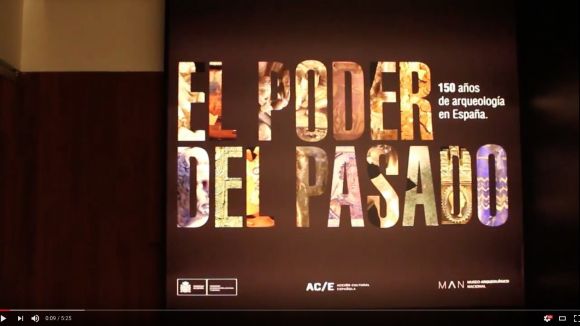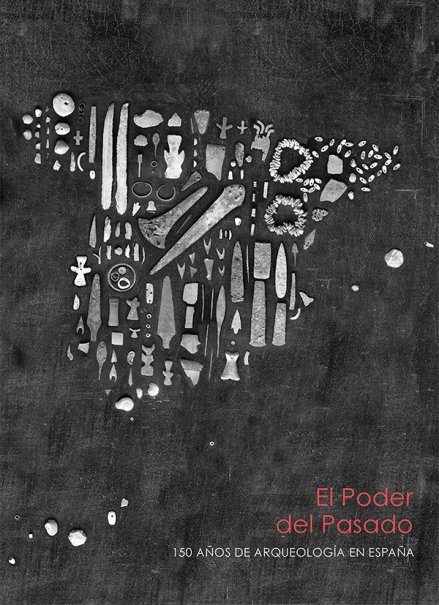The founding of the Museo Arqueológico Nacional in 1867 was a moment of far-reaching significance in raising public awareness of the importance of the past in late nineteenth-century and early twentieth-century Spain.
Archaeological museums have always had a twofold purpose. The first is to document, preserve and exhibit the objects and material remains of our past in order to trace the development of societies. The second is to disseminate this knowledge of the past, making it more understandable and accessible to all citizens.
In a way, the MAN and Spain’s other archaeological museums are the main database on this country’s material history and, at the same time, the biggest and most attractive showcase of its history.
The extensive collaboration of the museums involved in the project and the timespan of the discoveries of the objects on display provide a rich perspective on history and studying it.








